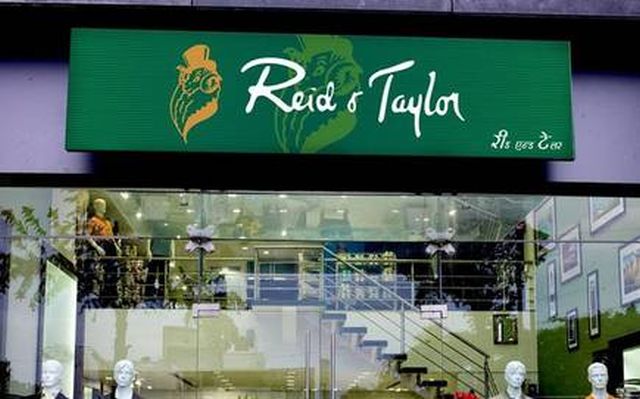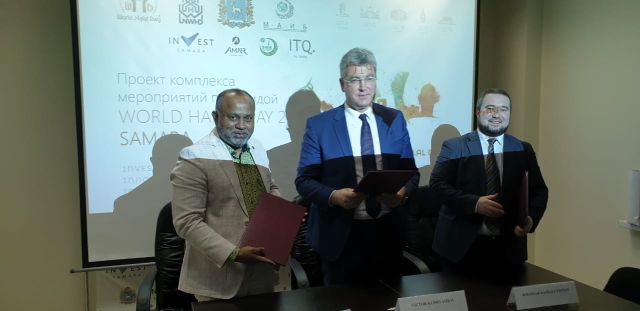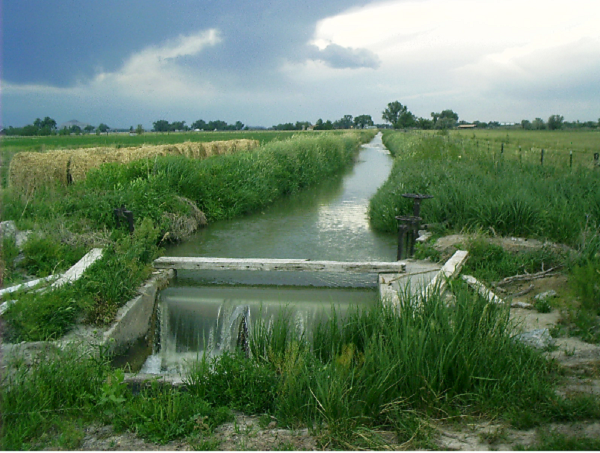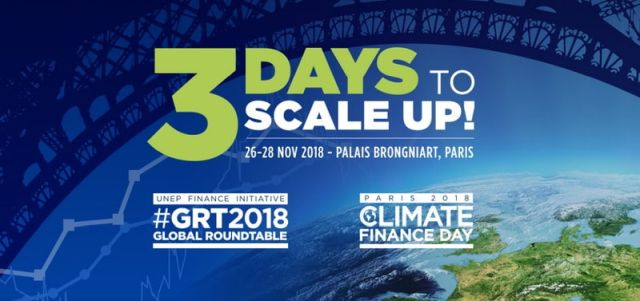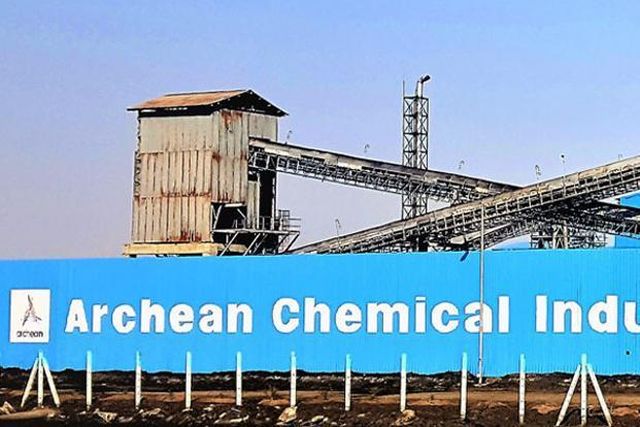New Delhi : The Securities and Exchange Board of India (SEBI) on Friday allowed mutual funds (MFs) and portfolio managers to invest in commodity derivatives to strengthen the market offerings and attract more players. "The Board deliberated and approved the proposal...





